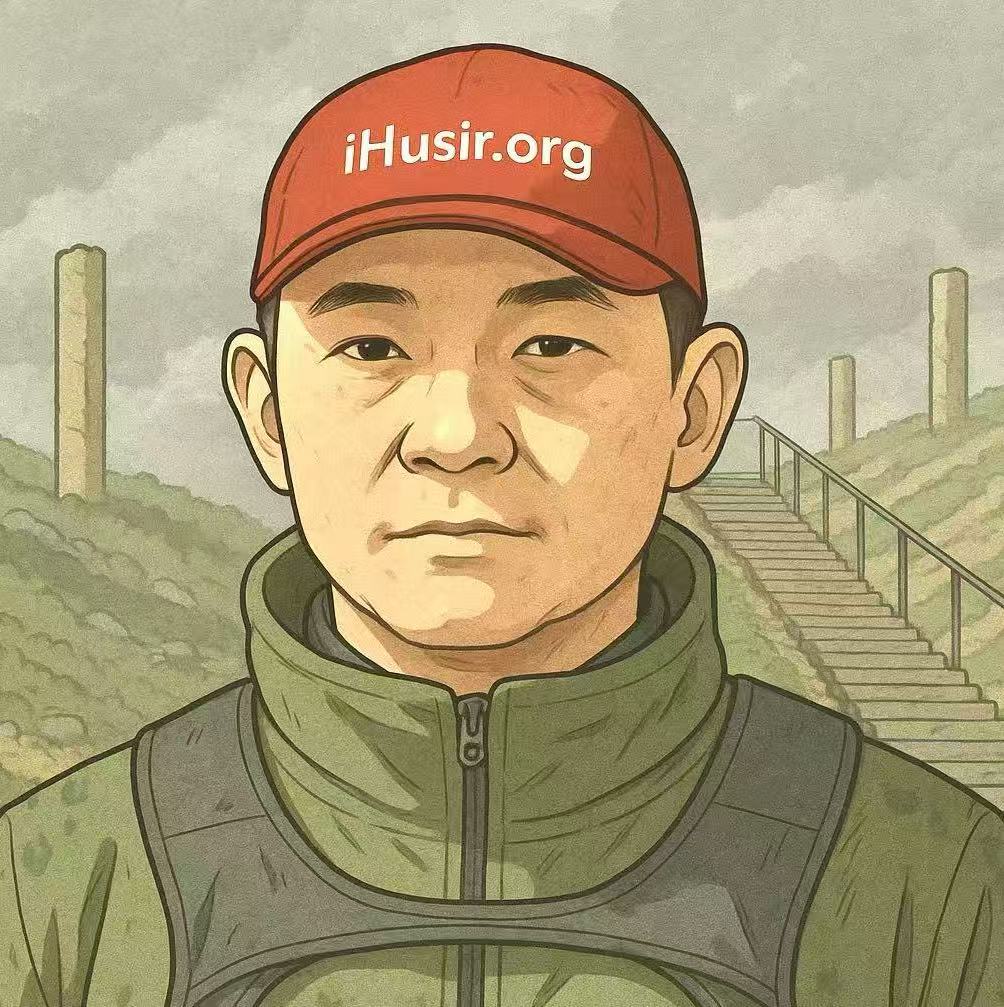文 / MingSir
最近,一张中国留学生在海外合影、背景挂着中共党旗的照片引发广泛热议。一些社交媒体账号指称:“中共在美国大学设立党支部”、“这些学生宣扬共产主义威胁美国价值”,甚至有人呼吁吊销其签证、将其驱逐出境。
这类言论之所以迅速扩散,背后既有对中共体制的历史不信任,也有当前中美战略竞争下的安全焦虑。但越是在这种高敏感时刻,我们越需要回到法治、公平与理性的立场,而不是滑入身份审判与思想歧视的深渊。

一、是“党组织”,还是“留学生自发身份认同”?
一些中国留学生在美期间会自发举行政治学习、纪念建党、或重温入党誓词等活动。这类活动通常在宿舍、社区或微信群内进行,性质更像是一种个人信仰表达或仪式延续。
并没有证据显示中国共产党在美国大学系统内正式设立“支部”或实施组织控制。从美国法律角度看,如果这些活动不涉及违法,不使用公共资源,不干扰学校事务,则属于受宪法第一修正案保护的“结社与表达自由”。
二、思想信仰不是签证合法性的判断标准
美国的法律体系是建立在“个人行为而非群体身份”之上的。一个人是否持有共产党党籍,是否曾参与过相关政治组织,并不构成其签证自动违法的依据。
若没有明确证据证明该学生:
- 故意隐瞒身份以获得签证;
- 参与未经授权的政治渗透或违法行为;
- 危害国家安全或从事情报活动;
那么就不能因其“党员身份”或“合影背景”而吊销签证。否则,将破坏美国一贯捍卫的“无罪推定”与“思想自由”原则。
三、对“党员留学生”集体怀疑的危害
一旦默认“党员身份 = 安全威胁”,将造成以下后果:
- 引发系统性歧视:数十万中国学生中有很大比例是曾在中国大学加入中共的党员或入党积极分子,绝大多数与任何政治任务无关。
- 伤害无辜个体:他们中的许多人在美认真学习、科研、创业,不仅未违反任何法律,反而积极融入本地社会。
- 破坏自由社会的法治信仰:若因思想倾向而剥夺签证权利,美国将与其反对的极权逻辑无异。
四、安全担忧需要“证据”,不是“标签”
我们不能否认,国家安全确实是正当的担忧,特别在技术、科研、军事等敏感领域。但安全防范的核心是可证实的行为风险,不是身份假设与标签式怀疑。
真正应对渗透与间谍风险的方法应包括:
- 加强背景审查与透明信息申报机制;
- 强化高校与机构对访问人员的合规监管;
- 在确有证据基础上依法处理个案,而非制造集体恐慌。
五、结语:制度自信的体现,是面对不同信仰的平等对待
共产主义在美国不是非法思想。事实上,美国历史上也有合法存在的共产党组织。一个真正强大与自信的制度,不应因一个标志、一句誓词就心惊胆战。
当我们在面对来自异国体制背景的年轻人时,更应用理性、法律与人道价值回应挑战,而不是用“怀疑一切”“封杀一切”的方式自乱阵脚。
身份不是原罪,思想不是罪证。我们要守住的,是自由社会的底线,而不是情绪战胜制度的歧途。
Identity Is Not a Crime: A Rational Look at Chinese Student Party Membership and U.S. Visa Concerns
By MingSir
Recently, a photo of Chinese international students posing overseas in front of a Chinese Communist Party (CCP) flag sparked widespread attention. Some social media accounts claimed that “the CCP has established Party branches in U.S. universities” and that “these students are promoting communism and threatening American values.” Some even called for their visas to be revoked and for them to be deported.
The rapid spread of these statements reflects not only long-standing distrust of the CCP system but also rising security anxiety amid ongoing U.S.–China strategic tensions. Yet the more sensitive the context, the more we must return to the principles of rule of law, fairness, and reason—rather than descend into identity-based judgment and ideological discrimination.
1. Party Cells or Voluntary Identity Expression?
Some Chinese students abroad voluntarily engage in political study sessions, commemorate the founding of the CCP, or renew their party vows. These activities typically take place in dormitories, community settings, or private online groups like WeChat. Their nature is more akin to personal ideological expression or ritual continuity.
There is no evidence that the CCP has formally established organizational “branches” or exercises structural control within American universities. From the standpoint of U.S. law, so long as such activities are not unlawful, do not use public resources, and do not interfere with university operations, they are protected under the First Amendment’s freedom of association and expression.
2. Political Belief Is Not a Basis for Visa Validity
The U.S. legal system is built on the principle of evaluating individual actions, not group identity. Whether someone is a member of the CCP, or has previously participated in related political organizations, does not automatically invalidatetheir visa.
Unless there is clear evidence that the individual:
- Deliberately concealed their background to obtain a visa;
- Engaged in unauthorized political activity or illegal behavior;
- Threatened national security or participated in intelligence activities;
Their visa should not be revoked solely on the basis of “Party affiliation” or a photograph featuring a CCP flag. Otherwise, this undermines the U.S.’s long-standing principles of presumption of innocence and freedom of thought.
3. The Dangers of Collective Suspicion Toward Party-Affiliated Students
Assuming that “Party membership = security threat” can lead to the following consequences:
- Systemic discrimination: Among the hundreds of thousands of Chinese students in the U.S., a significant number joined the Party or applied for membership while in Chinese universities. The vast majority have nothing to do with political missions.
- Harming innocent individuals: Many of these students are diligently pursuing studies, research, or entrepreneurship in the U.S., have not violated any laws, and are actively integrating into their host communities.
- Eroding the legal foundations of a free society: If people are stripped of visa rights based solely on their beliefs, the U.S. risks becoming what it opposes—an authoritarian state.
4. Security Requires Evidence, Not Labels
National security concerns are legitimate—particularly in sensitive fields such as technology, scientific research, and defense. But the foundation of such security must be evidence-based risk assessment, not identity-based suspicion or ideological labeling.
5. Conclusion: Institutional Confidence Means Equal Treatment of Diverse Beliefs
Communism is not an illegal ideology in the United States. In fact, historically, legally recognized communist parties have existed within the U.S. A strong and confident political system should not be shaken by a flag or a vow.
When we encounter young people from different political systems, we must respond with reason, legal clarity, and human dignity—not with blanket suspicion or punitive overreach.
Identity is not a crime. Belief is not evidence. What we must protect is the foundation of a free society—not let emotion overpower principle.
请填写您的邮箱,免费订阅作者最新文章。

发表回复